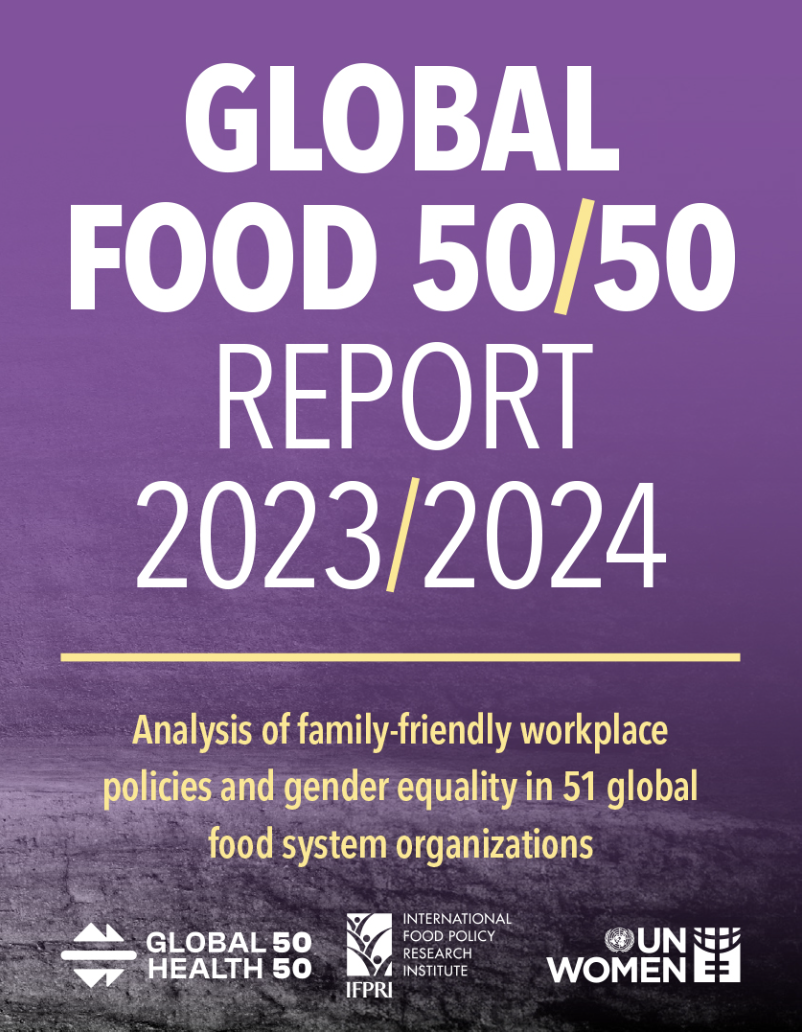


Can AI Chatbots Help Demystify Food Policies?
Using OpenAI LLM (GPT-4o) and embedding models, GAIN developed a Retrieval-Augmented Generation (RAG)-based chatbot and connected it to a database of 28 publicly accessible food and nutrition policy documents from Bangladesh.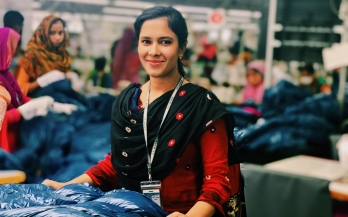
Fuelling the Workforce: How Nutrition Drives Occupational Health and Safety
This Human Rights Day, our panel will bring together experts from GAIN, SUN, ILO, and WHO to discuss the critical issue of nutrition integration in global labour standards. The panel is based on a comprehensive report that analysed the current state of nutrition considerations in international instruments, national legislation, and workplace practicesThis Human Rights Day, a live interview panel will bring together experts from GAIN, SUN, ILO, and WHO to discuss the critical issue of nutrition integration in global labour standards. The panel is based on a comprehensive report that analysed the current state of nutrition considerations in international instruments, national legislation, and workplace practices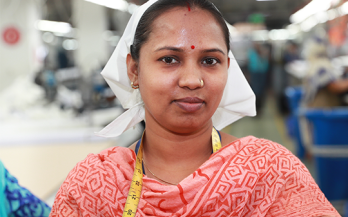
GAIN Working Paper n°44 - Nourishing the Workforce: Nutrition Integration in Occupational Safety and Health Regulations
- 28/11/2024
This report presents objective findings on the current levels of nutrition integration in international instruments and guidelines, and national legislations, regulations and procedures. Nutrition is only integrated in a few examples. Many laws, instruments and codes were developed before worker malnutrition was as prominent an issue and before newer scientific evidence emerged linking worker performance to improved nutrition. This new context, married with the evidence in this report, highlights the enormous opportunity presented to future labour standard setting for employees and employers.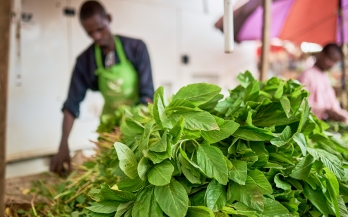
Transforming Food Systems for a climate-resilient, well-nourished Nigeria
- 12/08/2024
Climate change is a threat to the sustainability of global and national food systems. Unsustainable food systems cannot ensure food and nutrition security or healthy eating patterns. Climate change is already altering agricultural production, food processing, distribution, and conSumption. Its impacts disrupt food supply, limiting people’s access to the diverse, safe, and nutritious foods that make up high-quality diets.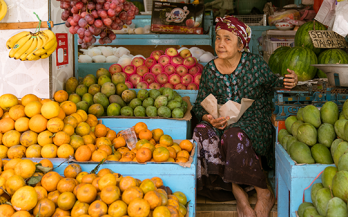
Leading the Change: GAIN at the Forefront of Indonesia's Green Economy Expo
GAIN Indonesia was at the forefront of Green Economy Expo held by The National Development Planning Agency (BAPPENAS) on July 3-5 in Jakarta. This year’s theme was “Advancing Technology, Innovation, and Circularity”. The event brought to the forefront discussions on sustainable development and the implementation of circular economy principles throughout Indonesia.
Stepping Forward: Strengthening policy coherence to improve Kenya’s food systems
All around the world, countries have recognised their food systems need to change, for the health of people and planet. From a national political perspective, this transformative journey hinges on robust government policy frameworks. Government can and must lead in changing the landscape to banish malnutrition and boost healthy diets. The Kenyan government’s ongoing review of the National Food and Nutrition Security Policy exemplifies its commitment to doing just that.GAIN celebrates International
Women's Day 2024
#InspireInclusion
What is International Women's Day?
International Women’s Day (IWD) is celebrated on March 8th every year.
IWD is a global event dedicated to recognising the achievements of women across various fields, promoting gender equality, and raising awareness about the challenges women continue to face worldwide.
It has been consistently celebrated by numerous organisations, governments, and communities around the globe, including GAIN.
It serves as a celebration of achievements but also a call for action, IWD encourages individuals, organisations, and governments to take concrete steps towards addressing these gender disparity issues.
This year's theme "Invest in women: Accelerate progress #InspireInclusion" means not only empowering women to break through barriers but also to accelerate progress for all, creating a world of inclusive growth, shared success, and equity.
Explore some of GAIN's past International Women's Day
GAIN Interview Cruncher: Tackling Equity in our Food Systems
In this Interview Cruncher, we address the specific challenges faced by women and girls within food systems, exploring how these imbalances contribute to health inequities, unhealthy diets, and malnutrition risks. We'll examine the urgency of addressing these issues in light of missed SDG targets and the role of human rights in fostering equality.
Discussion covers the magnitude of the problem, including global trends and policy implications for equity. We explore the holistic solutions from a human rights perspective, focusing on support strategies for women and girls, the importance of data and behavioral change, and strategies for transforming food systems to enhance economic opportunities, food security, and equitable access to healthy diets globally.
EmpowerHer: Conversations with Women Entrepreneurs
Strengthening and equipping women-led businesses and entrepreneurs is a cornerstone of GAIN's gender work. Ensuring support, technical work and empowerment at at the centre of our work, below we present profiles of successful women who have been part of the work of the SUN Business Network.

View business as more than just profit-making; it's a journey of continuous learning and growth. Invest in upgrading your products, and services and expanding your network.
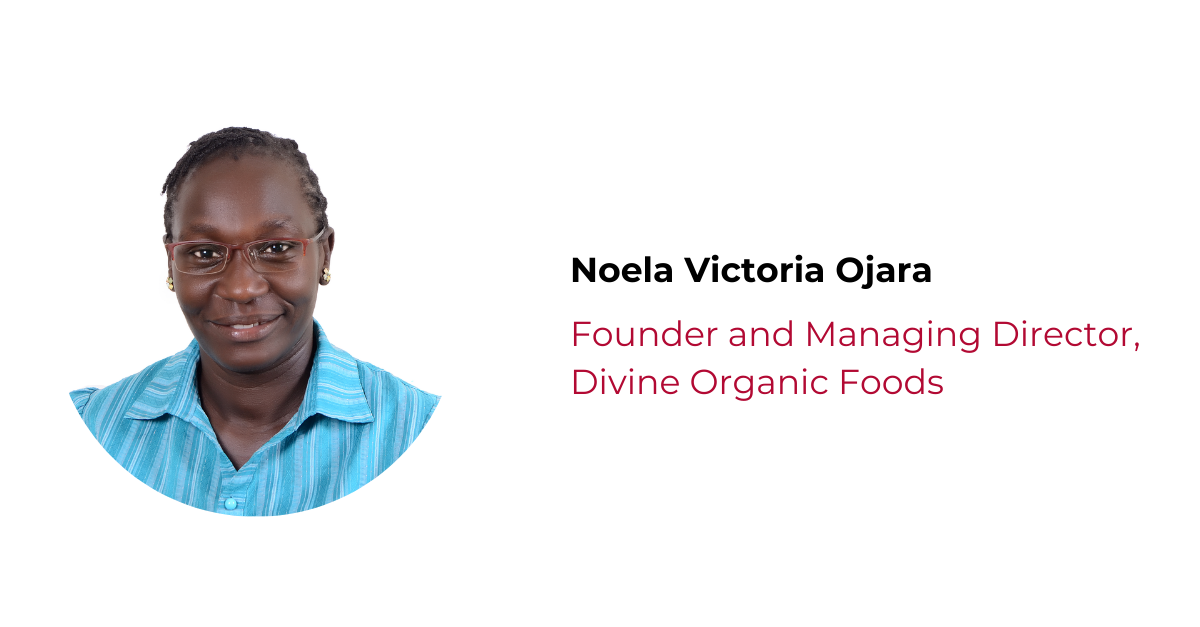
Seize every opportunity to talk about your work and its impact on the community. Remain consistent in what you are doing and do it to your very best by learning and unlearning till your brand speaks for itself.
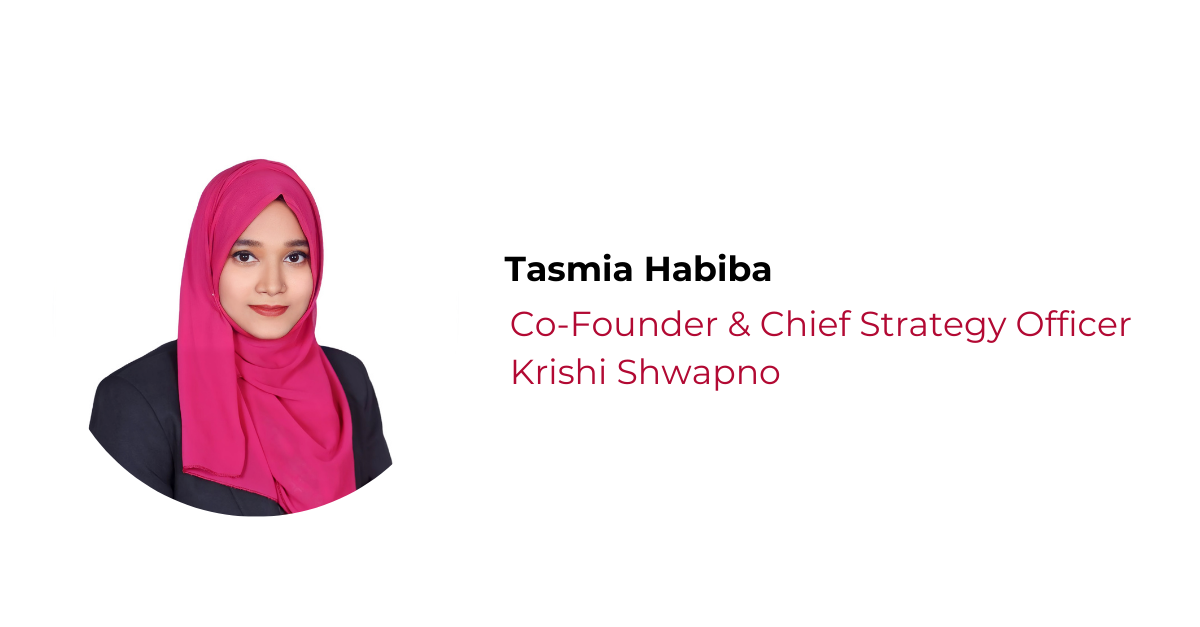
Women entrepreneurs should emphasise their business narrative, engage in mentorship, collaborate with similar organizations, and showcase women's unique strengths.
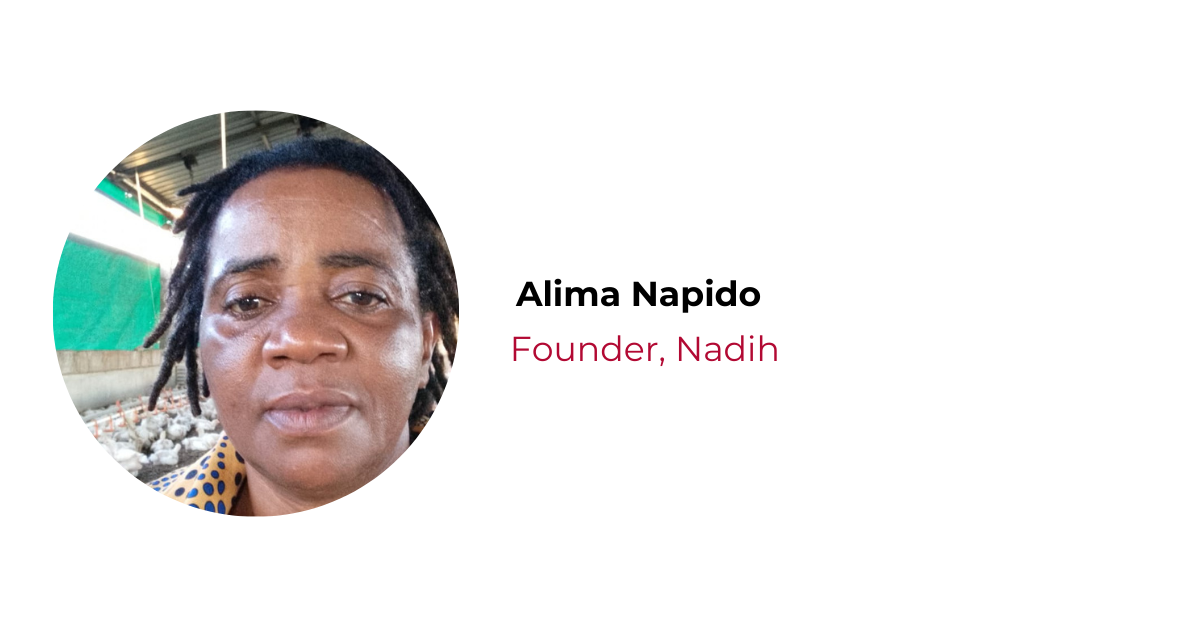
SBN's trainings are very impactful, and I've taken part in all of them. It's hard for me to single one out because they are all interconnected and, in my view, they complement each other and have helped me to have a much broader vision of my business.
CASCADE is Inspiring Inclusion
CAtalyzing Strengthened policy aCtion for heAlthy Diets and ResiliencE (CASCADE) is a Dutch-funded project whose goal is to improve food security and contribute to the reduction of malnutrition of at least 5 million women of reproductive age and children under five in Benin, Nigeria, Uganda, Kenya, Ethiopia, and Mozambique. Leads of CASCADE share how the programme is empowering women.
The Story of Joana, a Vegetable Seller in Mozambique
Joana Celestina is a vendor at the central market in Mozambique: "After losing my husband, and with a family to look after, I had to wipe away my tears and battle to provide for my family. I realised I needed to be the breadwinner of the family, and I became a vendor at the Munhava Market in Beira city".
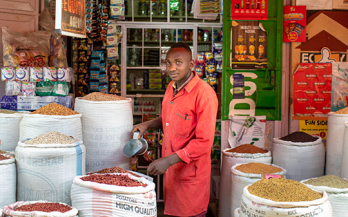
Reaching Lower-Income Consumers with Nutritious Foods: Selling in Flexible Quantities and Cutting Packaging
Vending food products in flexible quantities (i.e., loose, as opposed to in packages) is commonly used worldwide in both traditional and formal retail outlets. While it has other advantages (e.g., reducing packaging materials), the main advantages from the affordability perspective are the ability to buy very small amounts (at lower cost) and to not have to pay the costs of packaging.
